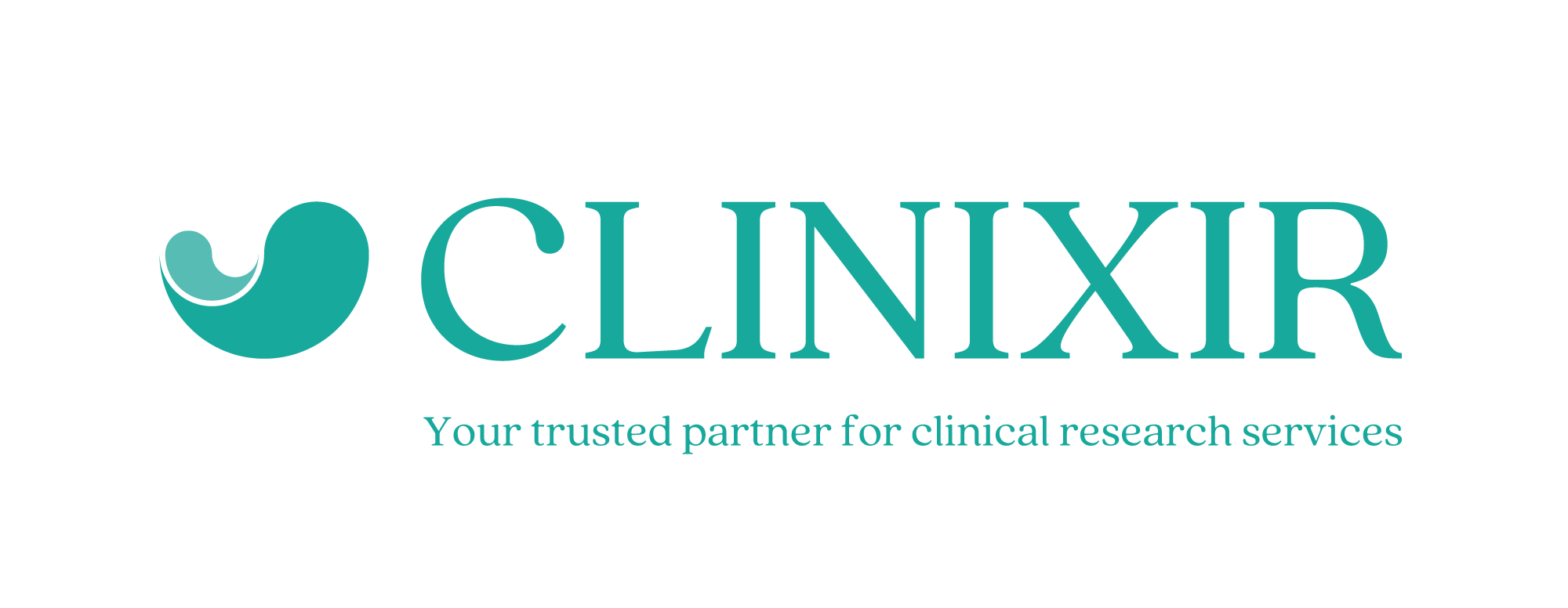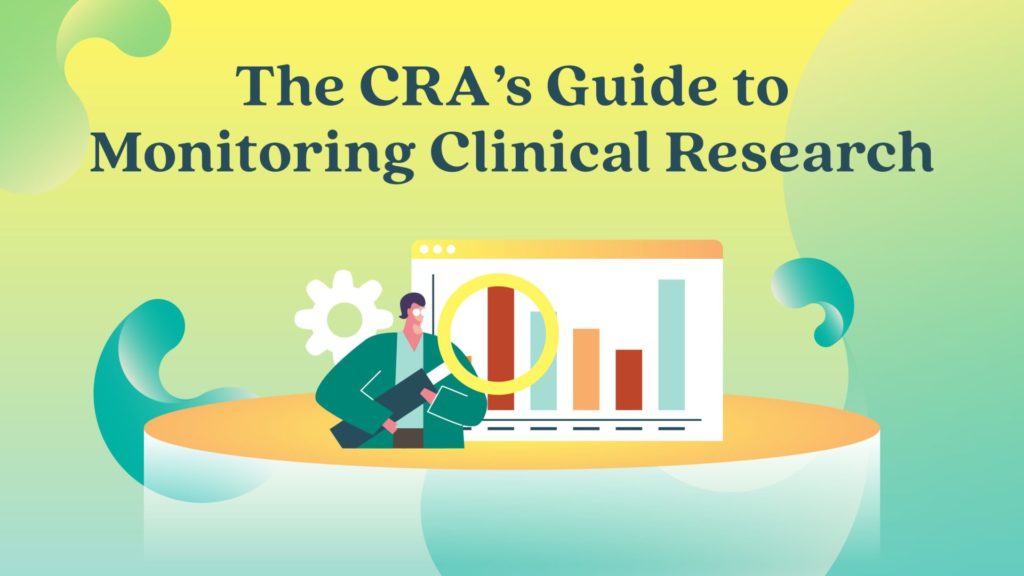Clinical Research Associates (CRAs) are integral to maintaining the integrity and compliance of clinical trials. They oversee every stage from study initiation through to closeout, ensuring adherence to regulatory standards and prioritizing participant safety. CRAs meticulously monitor trial protocols, conduct site visits to verify data accuracy, and manage communication between sponsors, investigators, and regulatory authorities.Adverse events are to be reported promptly, and data is accurately recorded and managed.
This guide explores the critical role of CRAs in upholding clinical trial quality and compliance, emphasizing their dedication to ethical research practices.
Study Initiation, Monitoring, and Closeout
CRAs oversee the entire lifecycle of clinical trials. At the study initiation phase, CRAs ensure sites are prepared and protocols are meticulously followed to establish a solid foundation for research. Next, throughout the monitoring phase, CRAs conduct regular site visits to meticulously verify data accuracy and adherence to protocols, ensuring robust trial execution. Lastly, during closeout, they ensure all documentation is complete and that sites adhere to regulatory requirements.
Understanding Stages of Clinical Research and Phases of Trials
Understanding the stages (Phase I-IV) and phases (protocol development, recruitment, etc.) is pivotal to effectively monitoring clinical research. CRAs play a crucial role in ensuring trials progress smoothly through each phase, collaborating closely with investigators and sponsors to maintain momentum and address challenges promptly.
By meticulously overseeing protocol adherence and data collection at every stage, CRAs contribute to the integrity and success of clinical trials, ensuring that the results are reliable, accurate, and compliant with regulatory standards.
Adverse Events and Safety Monitoring
CRAs play a critical role in monitoring adverse events (AEs) throughout clinical trials, ensuring prompt reporting and prioritizing participant safety. They collaborate closely with investigators to assess risks and implement mitigation strategies, maintaining strict adherence to protocols and regulatory guidelines.
Through the rigorous monitoring phases, CRAs help safeguard participant well-being and uphold the integrity of clinical research to the highest standard.
Inspections and Audits
During the inspections and audits, CRAs are tasked to document all trial activities and guarantee that sites are fully prepared. They oversee comprehensive site readiness checks, verifying adherence to Good Clinical Practice (GCP) guidelines and other regulatory standards.
Moreover, CRAs also collaborate closely with site staff to address any potential issues identified during inspections, preparing corrective actions to be implemented promptly and swiftly.
Informed Consent Process
By maintaining rigorous documentation and proactive site management, CRAs help to uphold regulatory compliance and adhere to the integrity of clinical trial operations during inspections and audits.
CRAs guarantee that participants grasp the clinical process, trial tasks and benefits before enrollment. They supervise the informed consent process, ensuring thorough documentation and ongoing participant awareness throughout the study, which is a testament to their unwavering dedication to clinical integrity.
Understanding Background and Principles of Good Clinical Practice (GCP)
Understanding the background and principles of Good Clinical Practice (GCP) is fundamental for Clinical Research Associates (CRAs). GCP principles serve as the cornerstone for maintaining ethical standards and upholding data integrity throughout clinical trials.
CRAs ensure that all clinical trials adhere to these guidelines, aligning them with the supreme ethical conduct with strict adherence to regulatory requirements. In turn, the data generated from our trials is robust and reliable for subsequent regulatory submissions.
Post-COVID Adjustments and Implications
The landscape of clinical research has undergone significant transformation in response to the COVID-19 pandemic. CRAs have swiftly adapted by implementing remote monitoring strategies, conducting virtual visits, and enhancing safety protocols to ensure the continuity and safety of clinical trials.
These adjustments not only display their commitment to a principled clinical research conduct, but also encourage participant engagement by prioritizing their safety and convenience. Moving forward, these innovative approaches are likely to remain integral to clinical research practices, highlighting the resilience and adaptability of CRAs in navigating challenges posed by global health crises.
Identify CRA Stakeholders
CRAs engagement with diverse stakeholders is crucial to the success of clinical trials. They collaborate closely with sponsors to ensure resources and support are allocated effectively.
CRAs engage with investigators to ensure adherence to protocols and accuracy of data throughout the trial lifecycle. Ethics committees depend on CRAs to safeguard participant welfare and uphold ethical standards, focusing on clear communication and regulatory compliance. Regulatory authorities rely on CRAs to preserve trial integrity and adhere to Good Clinical Practice (GCP) guidelines.
Identify New Technologies to Capture and Manage Data
Innovative technologies such as electronic data capture (EDC) systems and wearable devices are transforming data management in clinical trials. CRAs nurture these advancements to elevate data accuracy, simplify monitoring processes, and increase overall trial efficiency whereas EDC systems enable real-time data entry and validation, reducing errors and expediting data analysis. Meanwhile, wearable devices facilitate continuous data collection, providing insights into participant behaviors and health metrics remotely.
All in all, by embracing these innovative tools, CRAs optimize trial operations, enabling the highest level of data integrity and facilitating faster decision-making in clinical research settings.
At Clinixir, our focus is on delivering exceptional clinical research services with an unwavering commitment to excellence. We specialize in a comprehensive range of services including Clinical Trial Services, Regulatory Affairs, Biometrics and Data Management, Pharmacovigilance, Real World Evidence, and Health Economic Outcome Research.
Partner with Clinixir and experience the excellence and integrity that set us apart in the industry.



